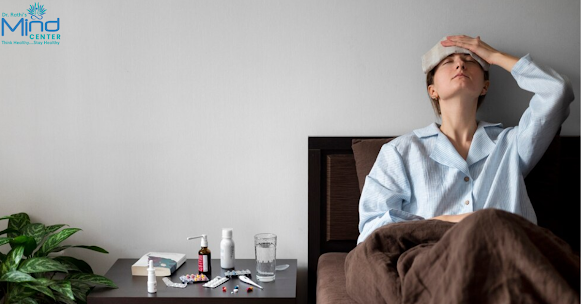Sleep is essential for overall well-being, yet many people struggle with sleep disorders that impact their health and daily life. Poor sleep quality can lead to issues like stress, fatigue, and weakened immunity. If you're experiencing sleep problems, here are some effective steps to improve sleep quality and overcome disorders.
1. Establish a Consistent Sleep Routine
Going to bed and waking up at the same time every day helps regulate your body's internal clock. Consistency reinforces healthy sleep patterns, making it easier to fall and stay asleep.
2. Create a Comfortable Sleep Environment
Your bedroom should be cool, quiet, and dark to promote restful sleep. Investing in a comfortable mattress and pillows can significantly enhance sleep quality. Using blackout curtains and white noise machines can also help minimize disturbances.
3. Limit Screen Time Before Bed
Electronic devices emit blue light, which can interfere with melatonin production and disrupt sleep. Avoid using smartphones, tablets, or TVs at least an hour before bedtime to allow your brain to prepare for sleep.
4. Watch Your Diet and Caffeine Intake
Consuming caffeine or heavy meals close to bedtime can hinder sleep. Try to avoid coffee, tea, and energy drinks in the evening. Opt for light, easily digestible snacks if you feel hungry before bed.
5. Engage in Relaxation Techniques
Practicing relaxation methods like meditation, deep breathing, and gentle stretching can ease stress and help you fall asleep faster. A warm bath or aromatherapy with lavender oil can also promote relaxation.
6. Exercise Regularly
Regular physical activity improves sleep quality by reducing stress and increasing energy expenditure. However, avoid intense workouts close to bedtime, as they may have a stimulating effect.
7. Seek Professional Help for Sleep Disorders
If sleep issues persist despite making lifestyle changes, consulting a specialist is essential. Professional sleep disorder treatment in Indore can help diagnose and manage conditions like insomnia, sleep apnea, and restless leg syndrome.
By following these steps, you can significantly enhance your sleep quality and overall health. Prioritizing good sleep habits will lead to better mental clarity, energy levels, and overall well-being.

Comments
Post a Comment